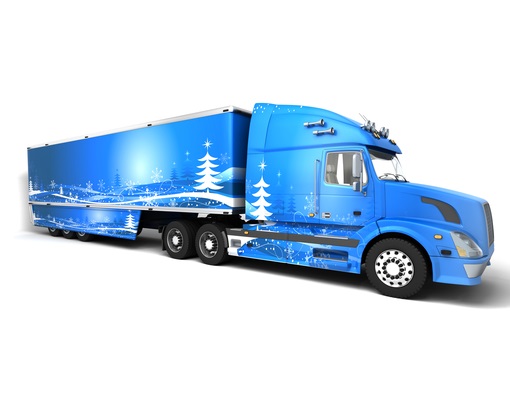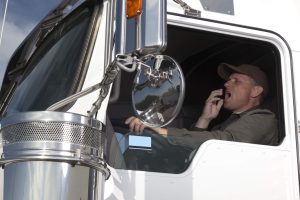The ringing in of a new year is a time for celebration. It represents a fresh start as a rule everywhere. People make resolutions and vow to make changes starting from January 1st. Not surprisingly, December 31st is typically the last effort of sorts, as the public prepares to say goodbye to past behaviors. Like other holidays, on New Year’s Eve, there is an abundance of additional traffic on the roadways. However, add to that large quantities of alcohol often consumed by New Year’s Eve party-goers, and you have a dangerous mix on the roadways.
While operating on New Year’s Eve, here are a few suggestions on how to make it an easier period for both dispatchers and drivers:
- For Drivers: Drive Accident-free
Do more thorough pre-trip inspections, keep better following distance, do not speed — whatever you have to do to strive for an accident-free year, do it. Remember, you cannot control motorists around you, and you’re the professional truck driver.
- For Both: Plan Your Schedule Carefully
If you are responsible for dispatching drivers, keep in mind the additional dangers for drivers on New Year’s Eve. Try to schedule appointments early in the day and factor in the extra time needed for traveling between appointments. For drivers, try to arrive at your pickup and delivery appointments as early as possible. That way you can get underway to a safe parking location earlier. What about parking…
- For Drivers: Park Early
59% of all alcohol-related crash deaths occur between the hours of 9:00 PM and 6:00 AM according to the Insurance Institute for Highway Safety. If possible, call it a night and shut down early. For reserved lots, make parking reservations well in advance. If you do not typically pay for parking, consider it this time. The peace of mind of being safely parked before New Year’s Eve revelers hit the road may be worth the cost. Begin your search early, if you must search for a safe place to park for the night.
- For Both: Make Better Use of Time
Refine your ability to accurately set Estimated Times of Arrival (ETA) and Next Available Times (NAT). Your personal efficiency is a key variable in your pay potential. While you are on the road, listen to a helpful audiobook, find a podcast that connects with you or tunes into a go-to radio station for a quick pick-me-up.

- For Drivers: Drive Defensively
Exercise extreme caution, if you must be on the road on New Year’s Eve. The National Highway Transportation Safety Administration (NHTSA) estimates between 2001 and 2005, the average number of alcohol-related crash deaths was 36 per day. On New Year’s Eve each year, that number climbed to 54 alcohol-related crash deaths. With more cars on the road and a higher rate of alcohol consumption, your risk of collision is greatly increased. Put the defensive driving techniques you have learned through your training into practice until you can safely park.
Commercial truck drivers understand the dangers of driving under the influence of alcohol. There is a greater probability of being involved in an accident – not to mention the potential to negatively impact your driving career. But for motorists in general, the consequences of alcohol-related traffic accidents may seem a distant “if.” Use protection to ensure your personal safety by planning accordingly, parking early, and driving defensively and get the New Year off to a safe start.




